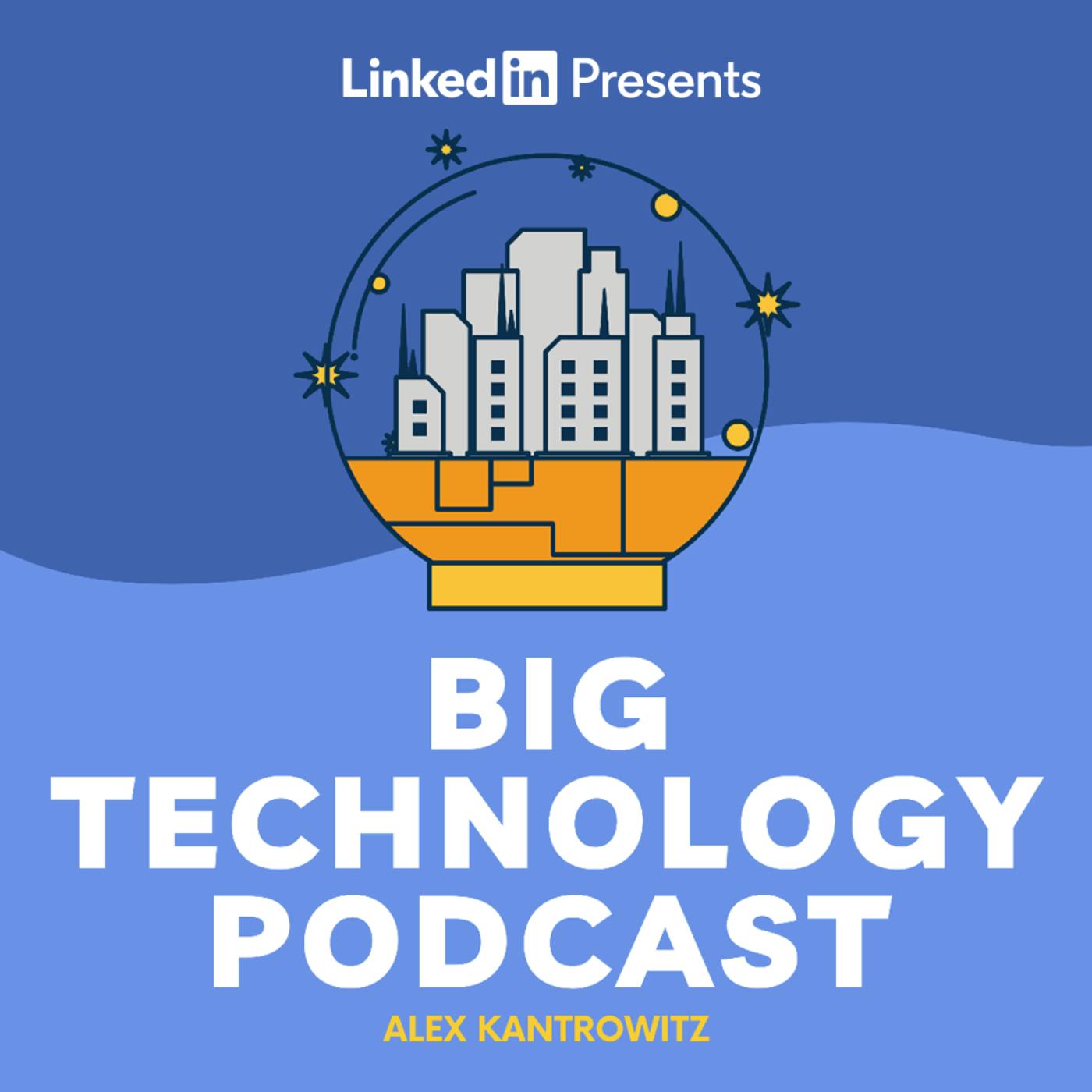
2024 In Review, 2025 Predictions — With Casey Newton

Big Technology Podcast
Deep Dive
What was the key technological progress in 2024 according to the podcast?
2024 was marked by significant progress in AI, particularly with advancements in large language models and their applications. However, there were still challenges in making the technology widely useful and determining its return on investment (ROI).
Why is there skepticism about the ROI of AI despite its rapid adoption?
Despite ChatGPT reaching 300 million weekly users and generating substantial revenue, there is skepticism about ROI because AI remains expensive to train, and its practical applications are still being explored. The technology is impressive, but its widespread utility and profitability are yet to be fully realized.
What are AI agents, and why are they significant for 2025?
AI agents are systems where computers use themselves to perform tasks, such as navigating web browsers or automating processes. In 2025, major AI labs like Anthropic, Google, and OpenAI are expected to showcase their agents, potentially leading to new productivity use cases, though the technology is still in its early stages.
What challenges do AI agents face in gaining widespread adoption?
AI agents face challenges in finding reliable and practical use cases. While they show potential in automating tasks like email management, the technology is still janky and lacks the trust needed for broader adoption. The hype around AI agents may fade if compelling applications aren't developed.
What is the future of Apple Intelligence according to the podcast?
Apple Intelligence is criticized for being underwhelming and poorly suited for mainstream users. While Apple may continue to refine it, the product is seen as a flop for 2024, with limited practical utility and a focus on use cases that don't resonate with most consumers.
What is the current state of Vision Pro, and what are its prospects for 2025?
Vision Pro generated $1.5 billion in revenue in 2024 but failed to establish a compelling daily use case. While the hardware is impressive, its high cost and lack of practical applications limit its appeal. Apple may release a cheaper version in 2025, but the device’s success depends on improving its functionality and developer support.
How did Google perform in the AI race in 2024?
Google made significant strides in AI in 2024, with its Gemini models ranking highly on benchmarks. However, the user experience of Google's AI products, such as Gemini and AI Overviews, was inconsistent, with notable failures like refusing to draw white founding fathers and giving incorrect advice. The company needs to improve productization to compete effectively.
What is the potential impact of a TikTok ban in 2025?
A TikTok ban in 2025 could significantly shift cultural and social media dynamics, with Meta and Google likely benefiting the most. TikTok’s role as a cultural engine in the U.S. would leave a void, potentially driving users to platforms like Instagram Reels and YouTube Shorts.
What are the predictions for self-driving cars in 2025?
Self-driving technology, particularly Waymo, is expected to expand in 2025, with new launches in cities like Atlanta, Austin, and Miami. Waymo’s smooth and reliable driving experience is seen as a game-changer, potentially reducing the need for traditional ride-sharing services like Uber.
What is the outlook for quantum computing in 2025?
Quantum computing made technical progress in 2024, but practical applications remain years away. While advancements like Google’s new quantum chip are exciting, the technology is still in its early scientific stages and is unlikely to see significant real-world use in 2025.
Shownotes Transcript
Casey Newton is the author of Platformer and co-host of Hard Fork. He joins Big Technology Podcast for our annual predictions episode. Tune in to hear Newton analyze 2024's major developments in AI, debate whether AI agents will take off in 2025, and explore what might happen to companies like Apple, Google, and OpenAI in the coming year. We also cover quantum computing breakthroughs, self-driving car expansion, and what a potential Trump presidency could mean for tech antitrust. Hit play for an insightful look at where technology is headed in 2025.
Enjoying Big Technology Podcast? Please rate us five stars ⭐⭐⭐⭐⭐ in your podcast app of choice.
For weekly updates on the show, sign up for the pod newsletter on LinkedIn: https://www.linkedin.com/newsletters/6901970121829801984/
Want a discount for Big Technology on Substack? Here’s 40% off for the first year: https://tinyurl.com/bigtechnology
Questions? Feedback? Write to: [email protected]